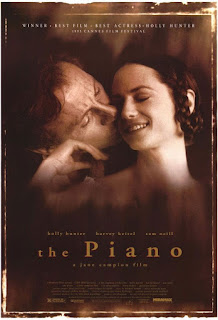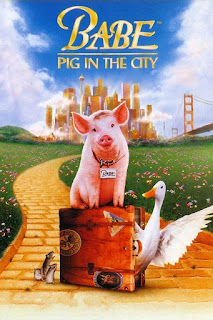December 23rd: SPIES (Fritz Lang, 1928)
A young agent attempts to break up a notorious spy organization, as one of its female members is assigned to seduce and stop him.
Fritz Lang's Metropolis was an international success, but was so expensive to make that the UFA film studio was almost bankrupted in the process. The director's follow-up was also ambitious, but utilizing smaller sets and shot claustrophobically to minimize expenses.
The espionage story was inspired by real events taking place in England just a few years earlier. The central figure of a criminal mastermind was something Lang had done previously to great effect in his film Dr. Mabuse, The Gambler, and would do so again. The script was written by Lang and his wife Thea von Harbou.
The main villain is played by Lang regular Rudolf Klein-Rogge, and the protagonist by popular actor Willy Frisch. Gerda Maurus, who plays the duplicitous Russian spy, would wind up having an affair with Lang.
While the film is mostly absent of the direct social commentary found in previous Lang films, his visuals have become even more sophisticated in the expressionism and geometric imagery of the shots, the montages, and his cross-cutting editing techniques. The fetishism of crime (and crimefighting) technology is something that the director would return to again in the future.
The film did very well at the box office, though some local critics criticized is as shallow entertainment. Like Metropolis before, it was heavily edited down for its American release.
Its influence on espionage and thriller fiction has been connected to the works of Graham Greene, Ian Fleming's James Bond stories, and Thomas Pynchon, as well as films by various directors. It was restored and returned to its original length in the early 2000s.
Running time is 2.5 hours.










Comments
Post a Comment